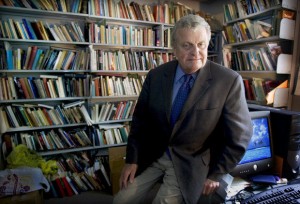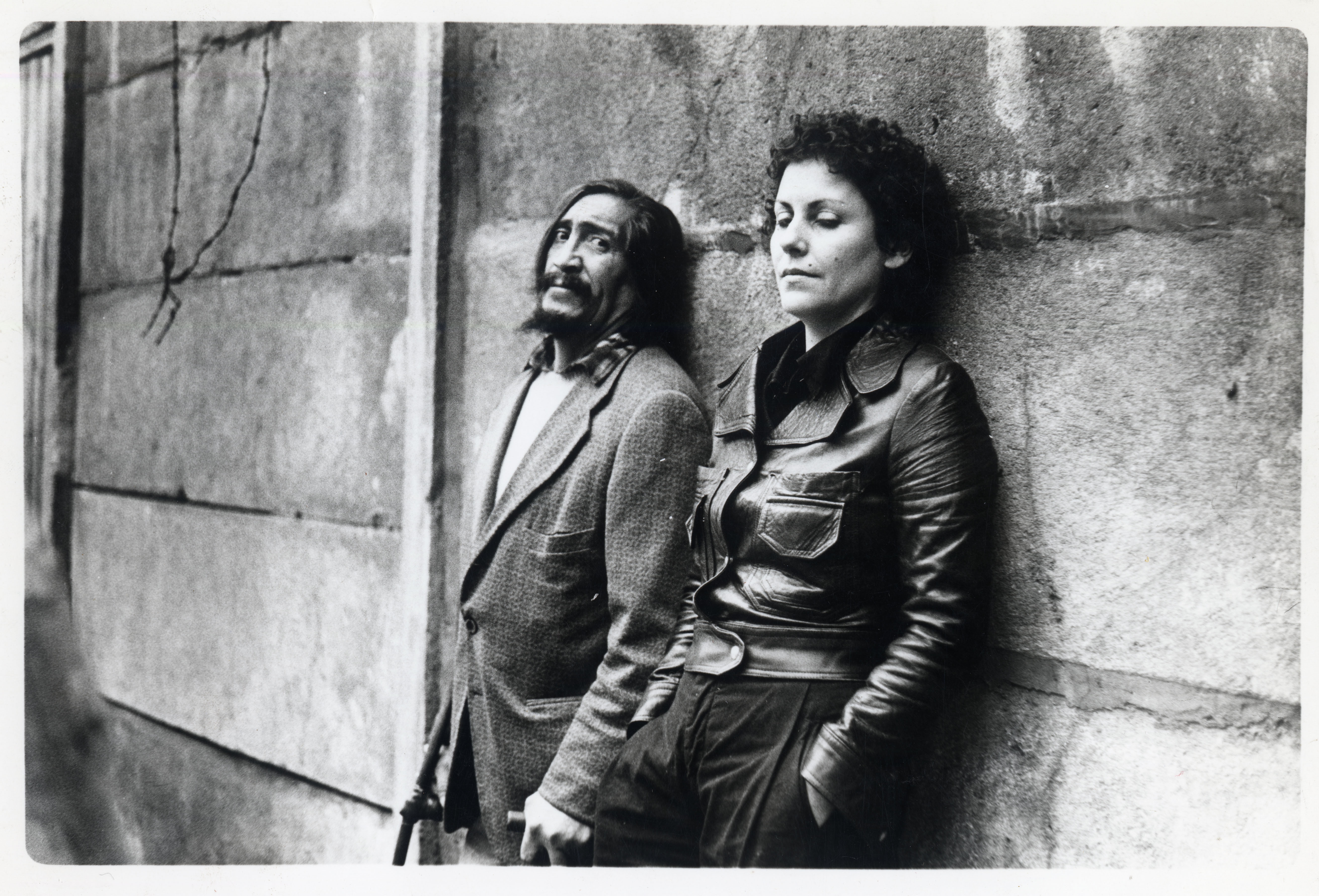For more information, click here.
Category Archives: Uncategorized
Wisnik praises Professor Carvalho’s “Porous City” in the Brazilian newspaper “O Globo”
Festival Cervantino presents a play based on Serge Gruzinski’s work
With one Cuba program out, new program to be offered this spring
The Program in Latin American Studies will begin offering a new study abroad program in Cuba starting in spring 2015 to students with an interest in Latin American culture, politics and history.
Visiting Fellow João Cezar de Castro Rocha on Lyricism and Exile in a Brazilian newspaper: “a inteligência dos alunos de Princeton contribuiu muito para a reflexão que agora apresento”
A Lírica do Exílio e a cultura brasileira (1)
— Joâo Cezar de Castro Rocha
O breve estudo de dois poemas constitui um ponto de partida conveniente. Penso em Doçura de amor, de Domingos Caldas Barbosa, aparecido na coletânea Viola de Lereno (1798), e em Música brasileira, poema de Olavo Bilac, saído em Tarde (1917).

(Michael Mancuso/The Times)
By Mike Davis/The Times
PRINCETON — Paul Sigmund, a longtime Princeton University professor who specialized in Latin American politics and political theory, died from complications of pneumonia on Sunday at the age of 85, his family announced.
Sigmund helped establish the university’s Program in Latin American Studies and served as its director for seven years. Read more
Rio de Janeiro’s newspaper praises Bruno Carvalho’s new book
Bruno Carvalho, professor em Princeton, acaba de criar novo epíteto para o Rio de Janeiro. Além de maravilhosa e partida, agora a cidade pode ser chamada de porosa, termo que propõe interpretação original para um velho problema: a coexistência de uma cultura/autoimagem definida pela mistura com a disparidade socioeconômica evidente/brutal. “Cidade porosa” é o título de seu livro publicado no final de 2013 pela editora da Universidade de Liverpool. Deveria ter tradução imediata, pois é leitura essencial para enfrentarmos melhor as transformações urbanísticas que vão se acelerar até as Olimpíadas. Precisamos escolher bem que rumo dar para nossa porosidade. Read more
Diamela Eltit Papers, 1943-2012, at Princeton University Library
 It is a pleasure to announce that the Manuscripts Division of the Princeton University Library has recently added the papers of Diamela Eltit to its extensive collection of archives of Latin American writers and intellectuals.
It is a pleasure to announce that the Manuscripts Division of the Princeton University Library has recently added the papers of Diamela Eltit to its extensive collection of archives of Latin American writers and intellectuals.
Eltit, a highly regarded experimental writer who wrote her first two novels, Lumpérica (1983) and Por la patria (1986), during the years of the Pinochet dictatorship in her native Chile, also gained notoriety through her participation in the Colectivo de Acciones de Arte (CADA), a group of artists who staged art actions to challenge the dictatorship. Since then she published several others highly acclaimed literary works including El cuarto mundo (1988), El padre mío (1989), Vaca sagrada (1991), El infarto del alma (1994), Los vigilantes (1994), Los trabajadores de la muerte (1998), Mano de obra (2002), Puño y letra (2005), Jamás el fuego nunca (2007), Impuesto a la carne (2010), and Fuerzas especiales (2013). Eltit served as a cultural attaché during Patricio Aylwin’s government at the Chilean Embassy in Mexico City, and has also held positions as writer-in-residence at Brown University, Washington University in St. Louis, Columbia University, UC Berkeley, the University of Virginia, Stanford University and Johns Hopkins University. She is currently a Distinguished Global Professor of Creative Writing in Spanish at New York University.
Her papers consist of manuscripts, typescript drafts and notebooks related to both published and unpublished works. In addition, there is a sizeable amount of correspondence from writers, colleagues, family and friends (access to the correspondence is temporarily restricted), as well numerous photographs of Eltit with family, friends, and various literary and political figures.
A still in process finding aid is available here. Feel free to contact me or the Department of Rare Books and Special Collections for additional information.
PLAS concentrator Peter Smith Featured in “Zoom in: 28 stories of a global summer”
In this interactive feature, you will be able to view a map of the world and take a global journey with more than two dozen Princeton students who engaged in a broad range of academic study, independent research, internships and civic engagement projects in summer 2013.
More than 1,300 undergraduate and graduate students traveled throughout the United States and to 90 countries last summer. Students are already making plans for summer 2014 programs, attending open houses and learning about application requirements and deadlines.
“One of the greatest opportunities offered to Princeton students is the chance to have a significant educational experience abroad — or immersed in another culture,” said Diana Davies, vice provost for international initiatives.
Environmental Challenges, Urban Solutions
2014 – 2015 New Investigator Award
At the beginning of the 20th century, approximately 10% of the world’s population lived in cities; today, more than half of the world’s dwellers live in urbanized areas. Recent studies indicate that compact cities are significantly more energy-efficient than sprawling suburbs. As societies of the so-called Global South continue to urbanize at a rapid pace, it is more than ever urgent to examine ways in which cities can present viable models for sustainable development.
Recent disasters – earthquakes, floods, hurricanes, etc. – have served as painful reminders that human-made environments and natural forces are in constant interaction. These relationships often occur in less visible or self-evident ways: the encroachment of agriculture into rain forests in South America is tied to demands from urban markets; the water and waste management of metropolitan areas depends on intricate infrastructures that often remain opaque to urban dwellers, while they impact regional ecosystems; car dependent suburbanites living in tree-lined streets of single family houses often produce a heavier carbon footprint than residents of dense and polluted inner cities, relying on mass transportation systems.
